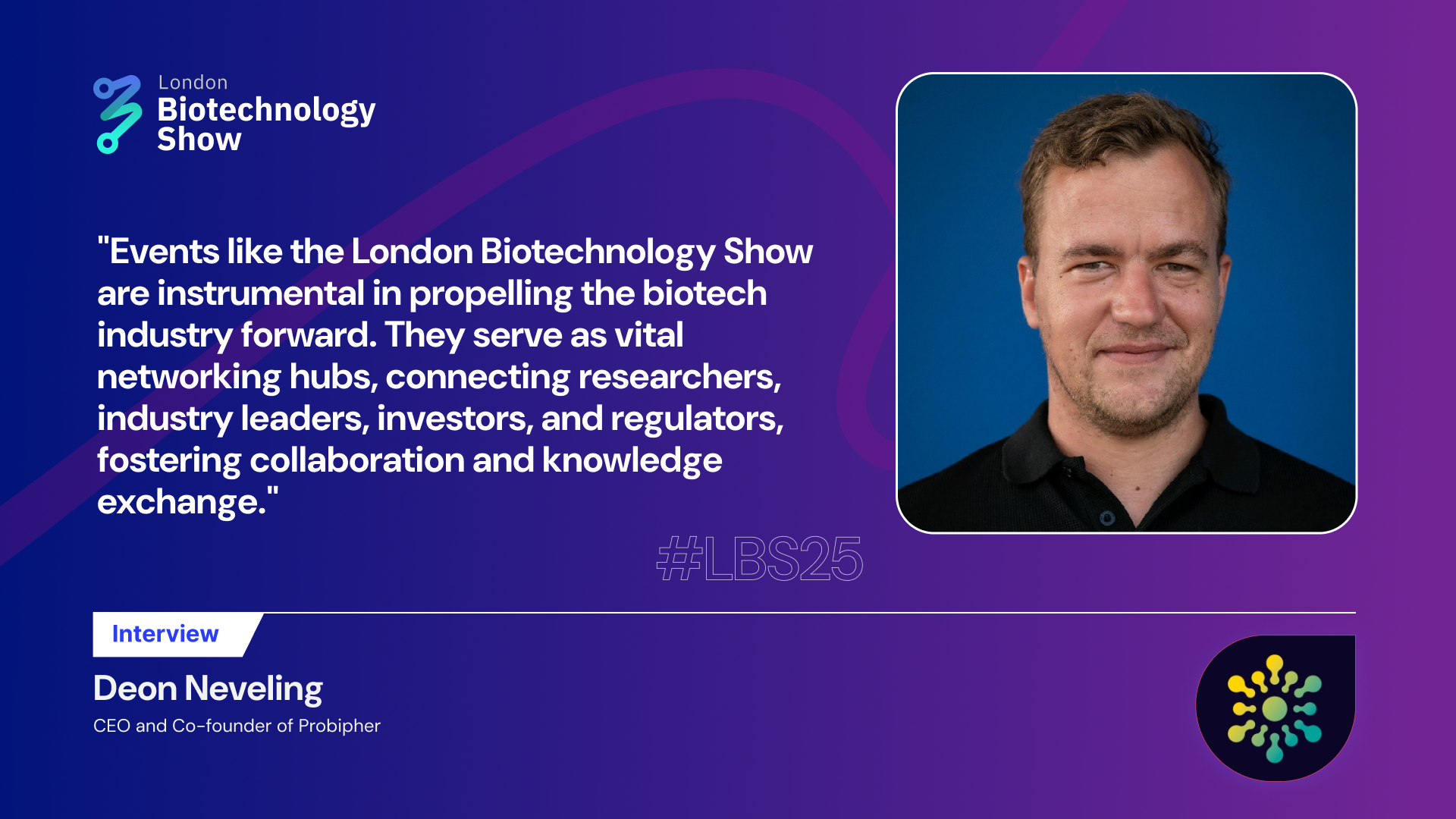Probiotics, long recognized for their health benefits in humans, are increasingly gaining attention for their potential to improve animal health and boost growth. In a recent interview, Deon Neveling, CEO and Co-founder of Probipher (Pty) Ltd, shared insights with Muhammad Younis on how probiotics can enhance animal diets, the difficulties in translating research into practical applications for various species, and the importance of ensuring product safety and efficacy in the face of rising consumer demand and limited regulation.
#CTS: In what ways can probiotics be integrated into animal diets to enhance their overall health, growth rates, and immune responses, especially in intensive farming systems?
Deon Neveling: Probiotics can be integrated into animal diets through various ways. These include direct feed supplementation, water administration, oral administration or by spraying. The type of administration would usually be dependent on the probiotic composition.
#CTS: What challenges do researchers face when translating the benefits of probiotics observed in controlled studies to real-world applications in diverse animal populations and species?
Deon Neveling: Translating lab results to real-world success is complex, and probiotics are no exception. Some key challenges include:
- Individual variability: Animals, like humans, have unique gut microbiomes influenced by genetics, diet, and the environment. Probiotics that work well in one setting may not be universally effective in another setting.
- Environmental factors: Farm conditions, feed composition, and even stress levels can impact probiotic efficacy.
- Strain specificity: The benefits of probiotics are strain specific. Selecting the right strain for a particular application and ensuring its viability throughout production and storage are crucial.
#CTS: With the growing consumer interest in probiotics, how can the industry ensure the efficacy and safety of probiotic products, given the lack of standardization and regulation in many markets?
Deon Neveling: Consumer trust is paramount in the probiotics industry, and to address safety and efficacy concerns proactively, several measures are essential. Companies must prioritise robust research, including comprehensive clinical trials, to substantiate their product claims and guarantee safety. Transparent labelling is essential, providing clear and accurate information about strain identity, dosage, and intended use, empowering consumers to make informed choices. Third-party verification and certification programs can add another layer of assurance for consumers. Lastly, proactive consumer education about probiotics, their benefits, and limitations, is key to fostering realistic expectations and building trust in the industry.
#CTS: How do you perceive the role of events like the London Biotechnology Show in advancing the biotech industry, specifically, in fostering discussions and showcasing innovative solutions?
Deon Neveling: Events like the London Biotechnology Show are instrumental in propelling the biotech industry forward. They serve as vital networking hubs, connecting researchers, industry leaders, investors, and regulators, fostering collaboration and knowledge exchange. These events also provide a platform for companies to showcase their groundbreaking technologies and products, attracting potential partners and investors. Importantly, events like this engage the public, raising awareness about the immense potential of biotechnology to address global challenges like food security and human health.

